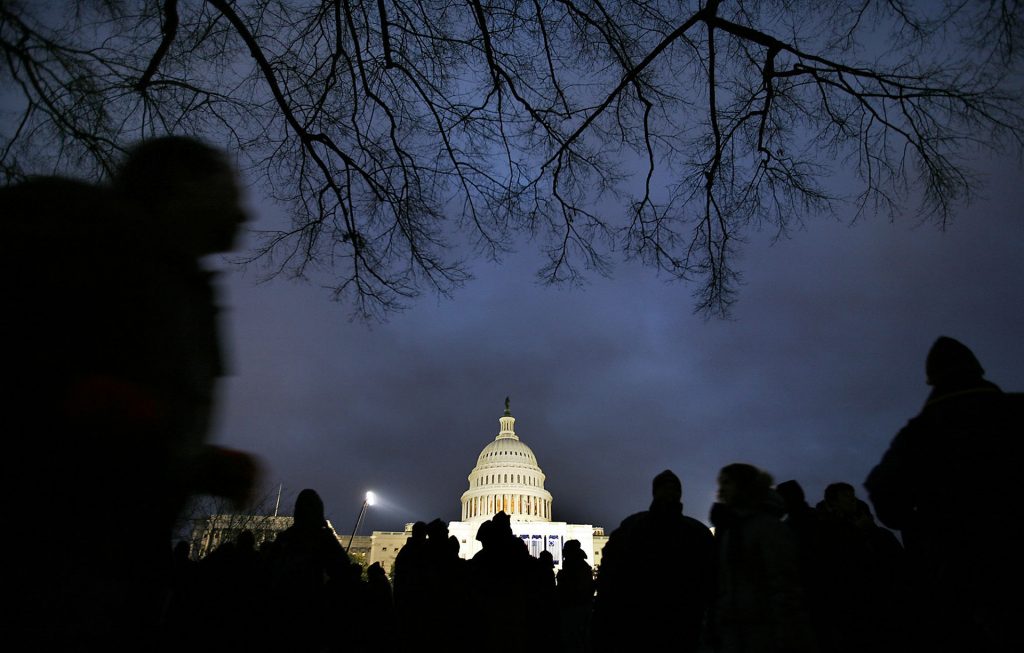States urge the Supreme Court to review an old ruling regarding the prohibition on sales tax on Internet purchases.
Constance Judd
The national battle to make online retailers pay their share in sales taxes has begun once again.
With the 1992 Supreme Court ruling Quill Corp. v. North Dakota, states are prohibited from collecting any form of sales tax on retail purchases made over the Internet — or other e-commerce routes — unless the seller has a physical presence in the state itself. When the ruling was originally put into place, it solely focused on mail-order catalogue companies. But many online retailers, including Amazon, have been effectively using this ruling to their advantage in order to justify not charging sales tax on their many customers.
RELATED: Weigel: Amazon surprise
Many states are unfortunately losing millions of tax dollars on online sales. On Jan. 19, the Supreme Court agreed to review ruling, with more than 30 states arguing it is not only outdated but unfair to the general business owners. The court noted that Congress has the power to overrule the rule if it chooses through legislation. As of now, however, little has been done in order to amend the ruling, and instead, only a brief conversation has begun among states.
North Dakota Attorney General Wayne Stenehjem noted in an interview that when the ruling was decided, there was no way for the Supreme Court to judge the implications it could potentially have because of the technological advances we have only just begun to see. Which, in turn, has ultimately affected the fairness of the ruling itself and justifies changing it in order for it to match the expectations of today.
RELATED: Smith: Online shopping has benefits for some but drawbacks for others
The pressing question now is, Where does this leave us?
The ruling is unfair to retailers all over the nation. If they have a physical presence in the state in which they are conducting their business, their customers have to pay some form of sales tax, and those of online retailers do not. Meaning, that even though local businesses see a portion — and only a portion — of those taxes eventually, online retailers are able to conduct their business essentially free of that tax. Not to mention the simple fact that states are losing millions of tax dollars. Which, in a sense, results in states potentially “paving the way” and “paying” for online retailers to conduct their business in their state.
RELATED: Weigel: Beware of price rigging when online shopping
All in all, it is easy to see that exempting the sales of online retailers from being covered by state sales taxes is essentially unfair to the common business owner who operates in the state, as well as the state. Much needs to be done in order to level the playing field between brick-and-mortar businesses and online businesses, for the game has obviously changed.










